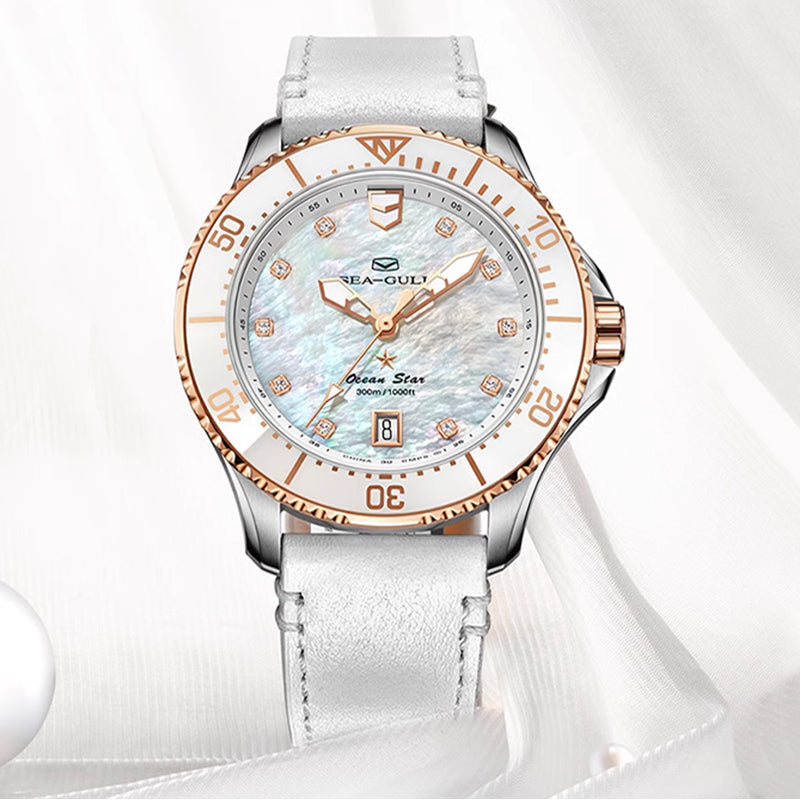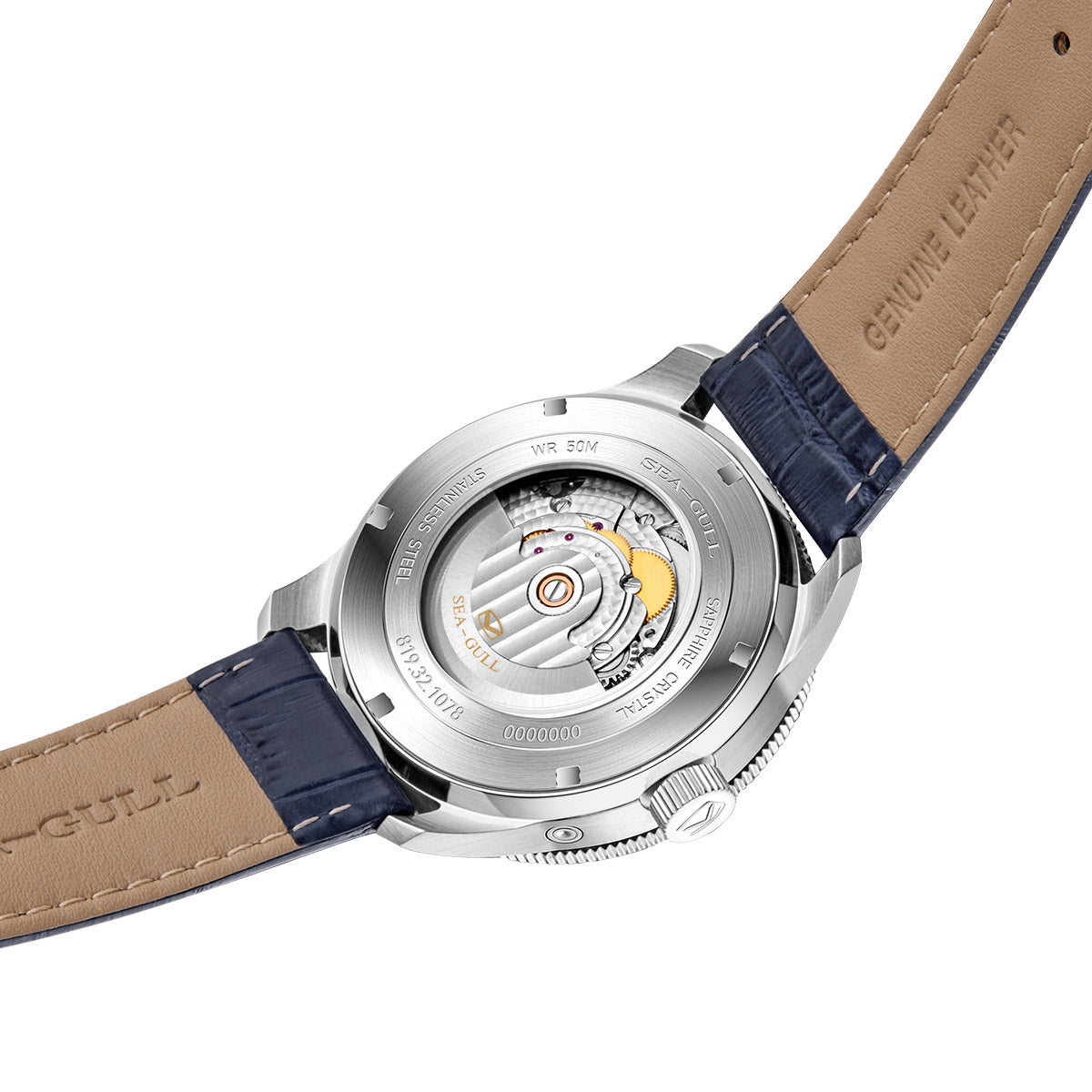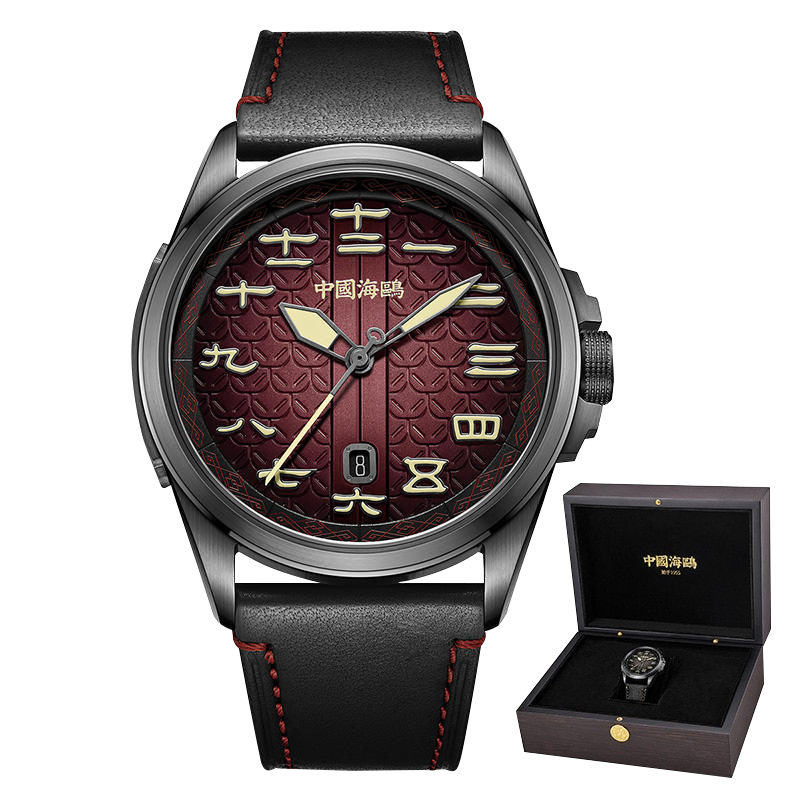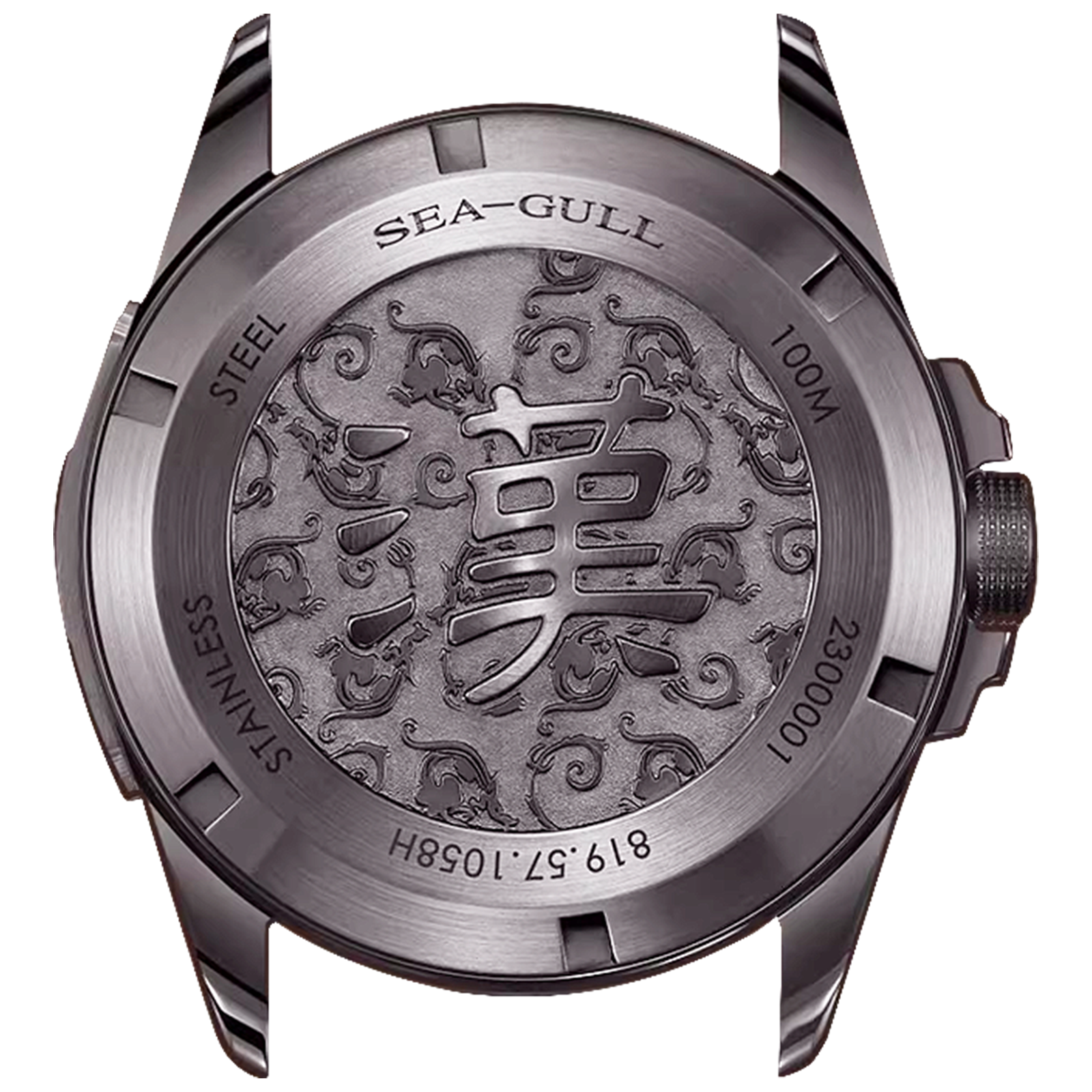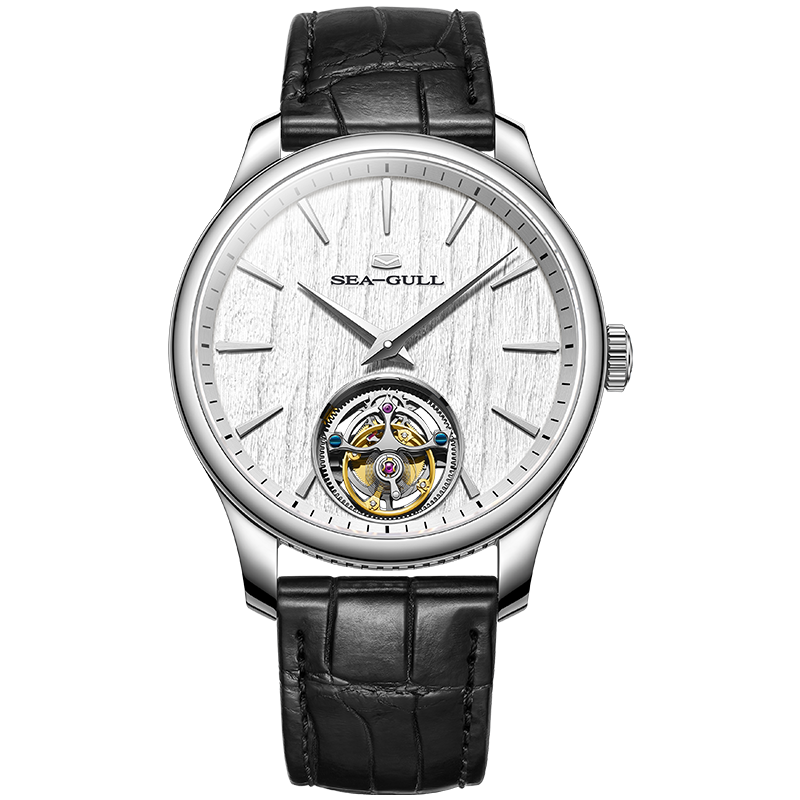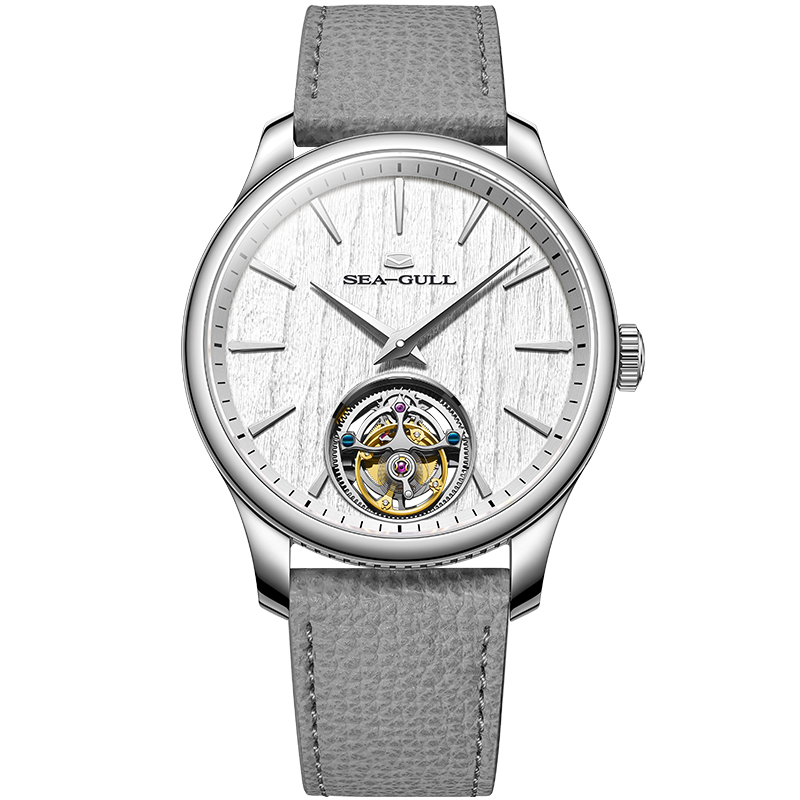Sea-Gull
二十四節気
何世紀にもわたる中国の季節の知恵に触発されて。

自然と時の調和を記録する
二十四節気は、1年を24の正確な季節の段階に分けたもので、歴史的に気候の把握、農業計画、日常のスケジュール管理に用いられてきました。天候のパターンや自然のサイクルを明確かつ体系的に理解する方法を提供します。
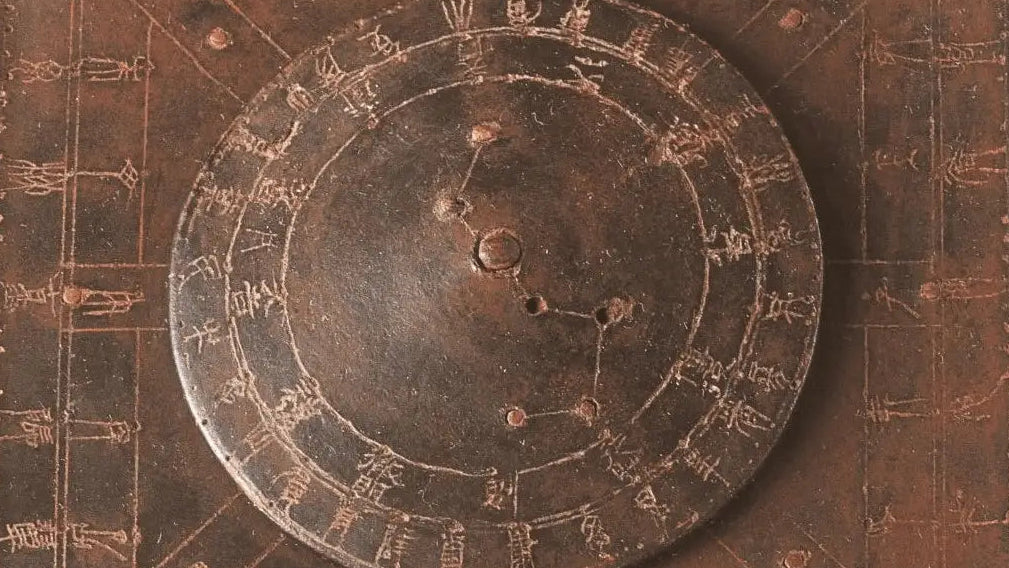
Big Dipper
4500 BC
Ancient Chinese communities relied on its dipper handle’s direction to distinguish seasons, serving as a core star-observation tool for daily timekeeping.
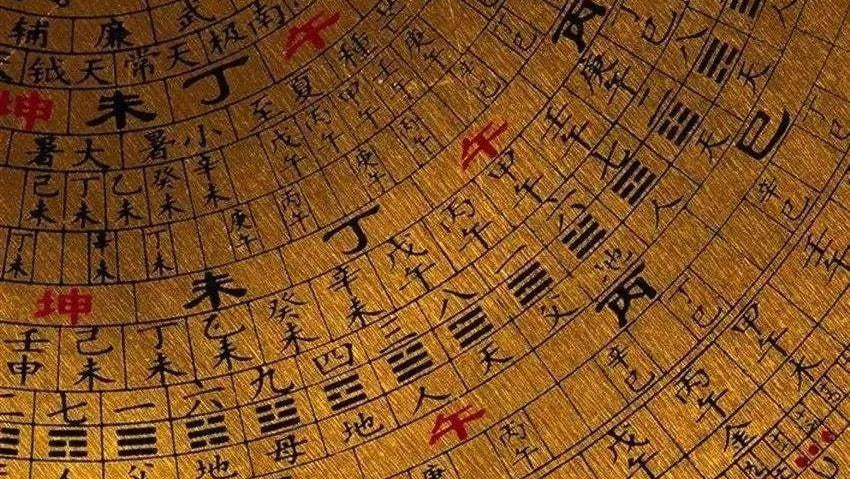
Lunar Calendar
1600 BC
The Shang Dynasty formalized the Lunar Calendar with moon phase records and leap months, which guided all agricultural work and traditional festival arrangements for ancient people.
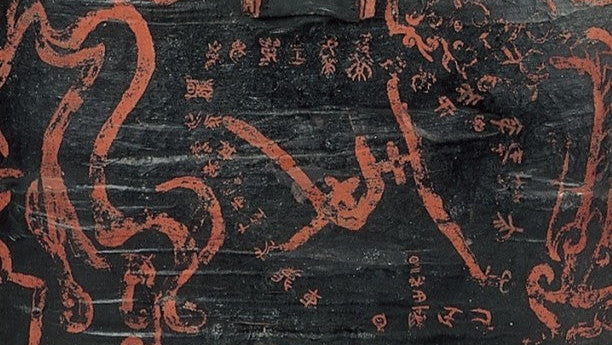
28 Mansions
433 BC
People marked 28 celestial sectors to track the sun, moon and planets, supporting farming planning, long-distance travel and ritual ceremonies.
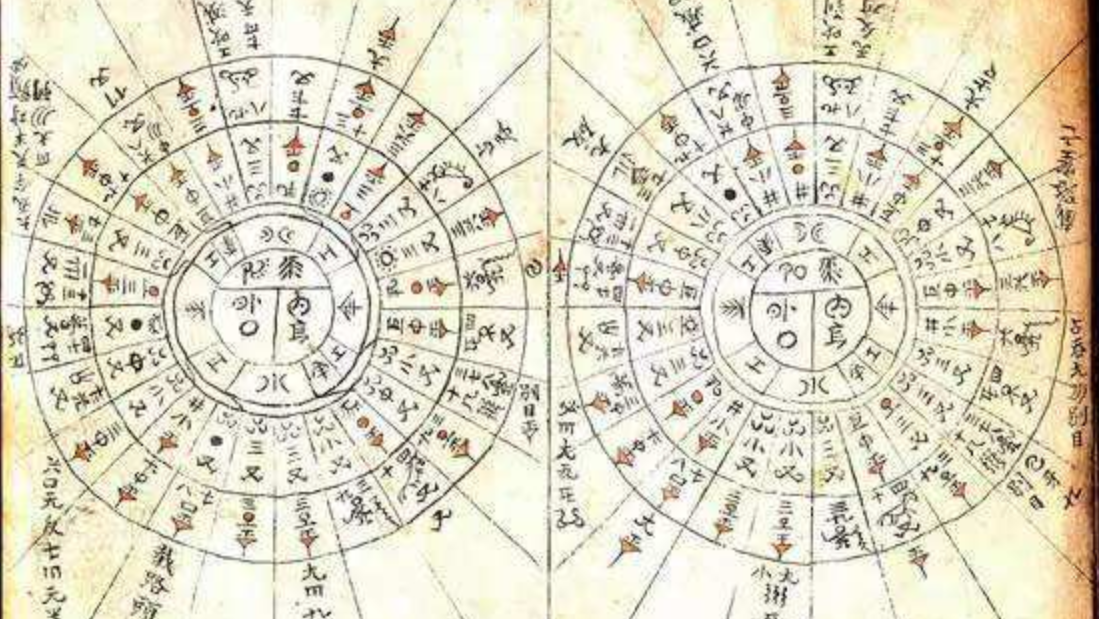
24 Solar Terms
104 BC
It was officially included in theTaichu Calendar, precisely instructing farmers on sowing, irrigating and harvesting based on solar longitude.
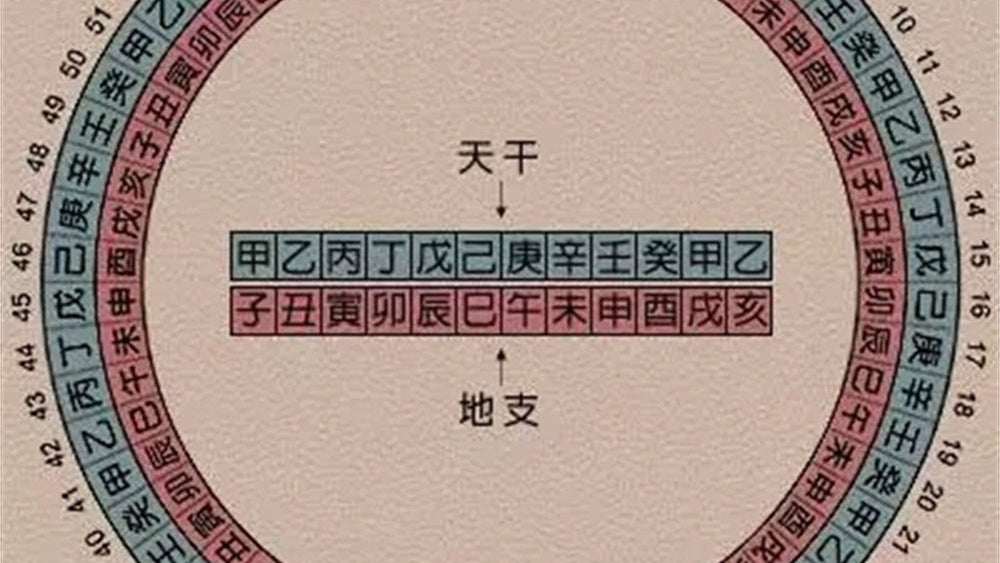
Sexagenary Cycle
85 AD
The Eastern Han Dynasty adopted it as an official chronology, recording historical events, dynastic years and individuals’ ages via a 60-year cycle.


ディスク計算
北斗七星の回転を観察することで、いつでもその月の月齢、対応する24節気、そして干支の現在の年を計算することができます。

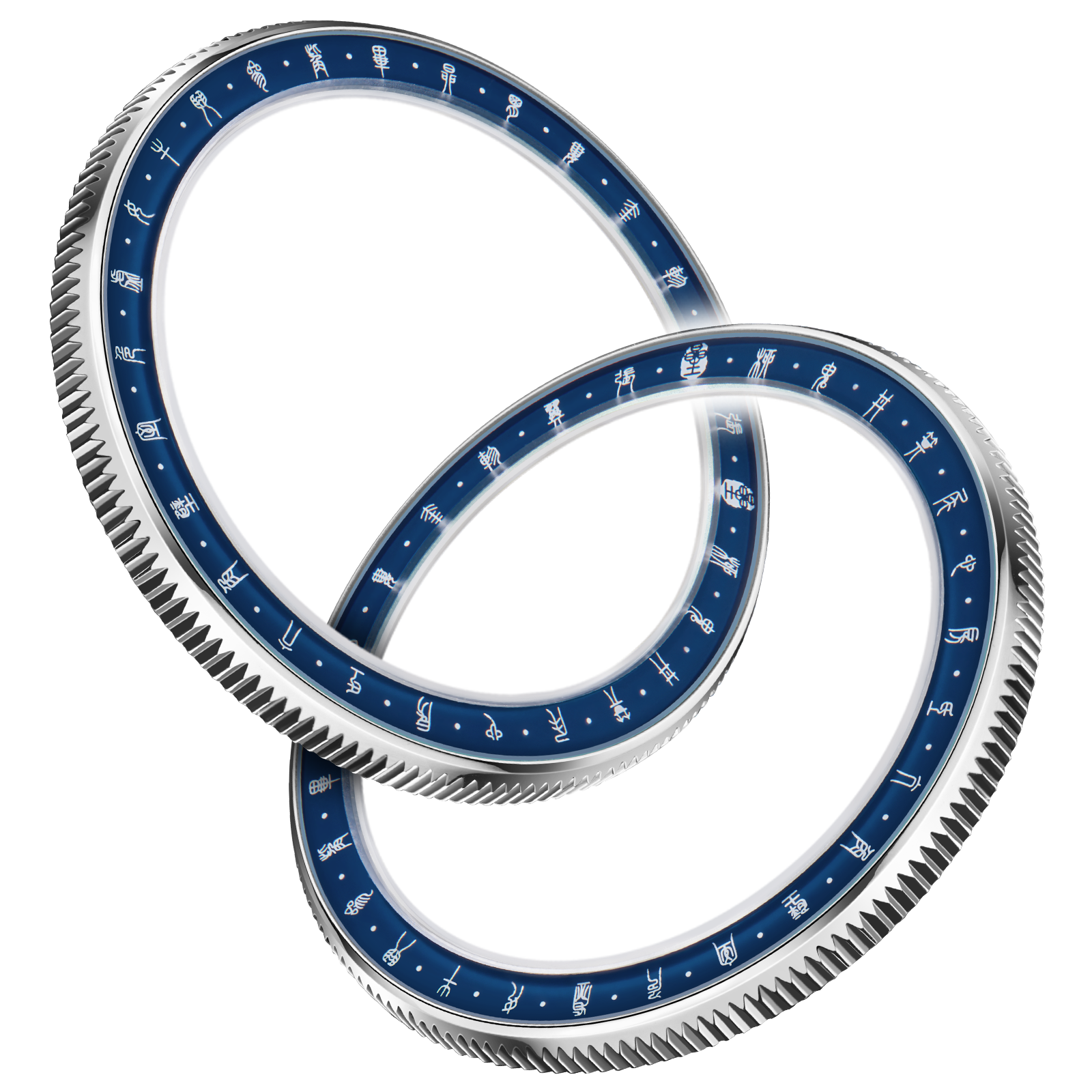
28 Mansions Seal Script
To use your watch to locate the constellations, lift the watch above your head and keep the dial perfectly horizontal—parallel to the top of your head. Then use a compass to align the watch: rotate it until the “Vermilion Bird” (the southern Seven Mansions) marking on the dial points toward true south. Once it is correctly aligned, the outer ring of the watch—marked with the 28 lunar mansions—will show the approximate direction of each constellation in the sky.
You can also use the Big Dipper indicator on the inner dial. Simply follow the direction of the Dipper’s handle, match it with the corresponding lunar-mansion marker on the outer ring, and you’ll be able to locate the position of that constellation in the night sky.
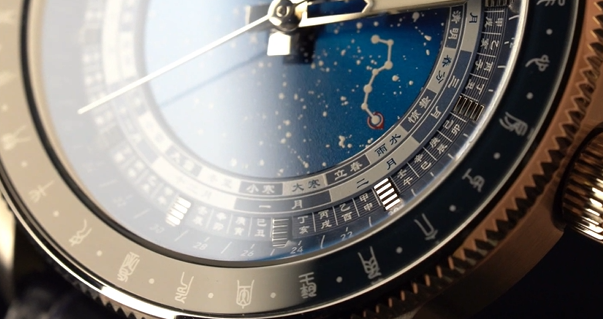
干支計算
文字盤には60年周期の干支の名前が記されています。現在の年の干支の名前を簡単に見つける方法は次の通りです:現在の年から3を引き、その結果を60で割り、余りを取ります。この余りを文字盤の対応する名前と照合すれば完了です!例えば、2025年の場合は 2025 - 3 = 2022; 2022 ÷ 60 の余りは42です。42番目の項目は「乙酉」(イツユウ)なので、2025年は「乙酉」(イツユウ)年となります。また、中国の十二支もすぐにわかります:地支の「酉」(ユウ)は鶏に対応し、つまり2025年は酉年(鶏年)です。
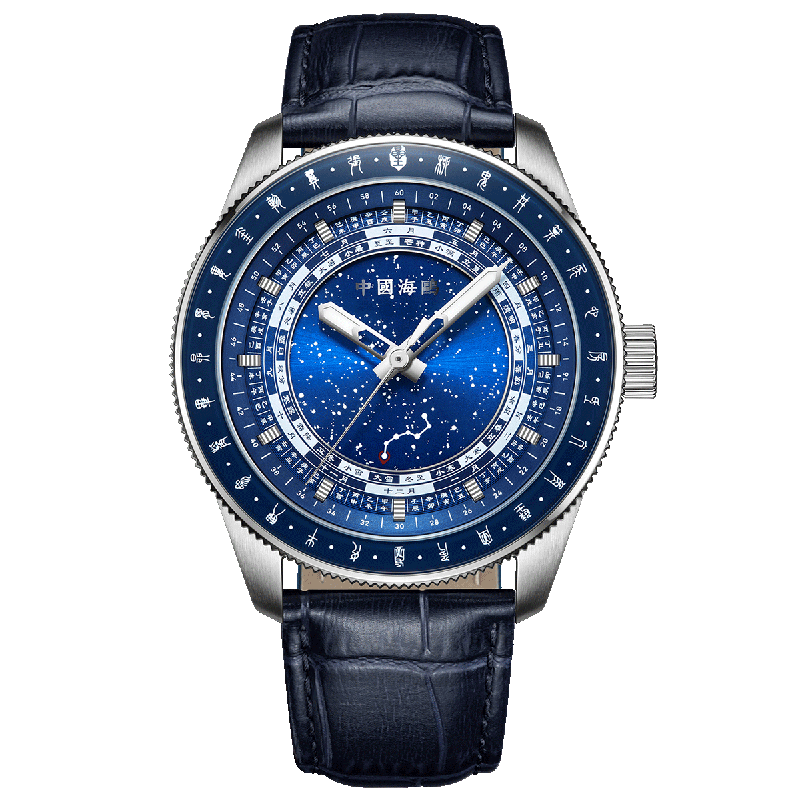
旧暦と二十四節気
二十四節気の切り替え日は旧暦に固定されています。北斗七星の指針が旧暦上の対応する節気に移動すると、現在の旧暦の月と節気の名前を直接知ることができます。
Sea-Gull
超薄型トゥールビヨン
中国の古琴に触発されて
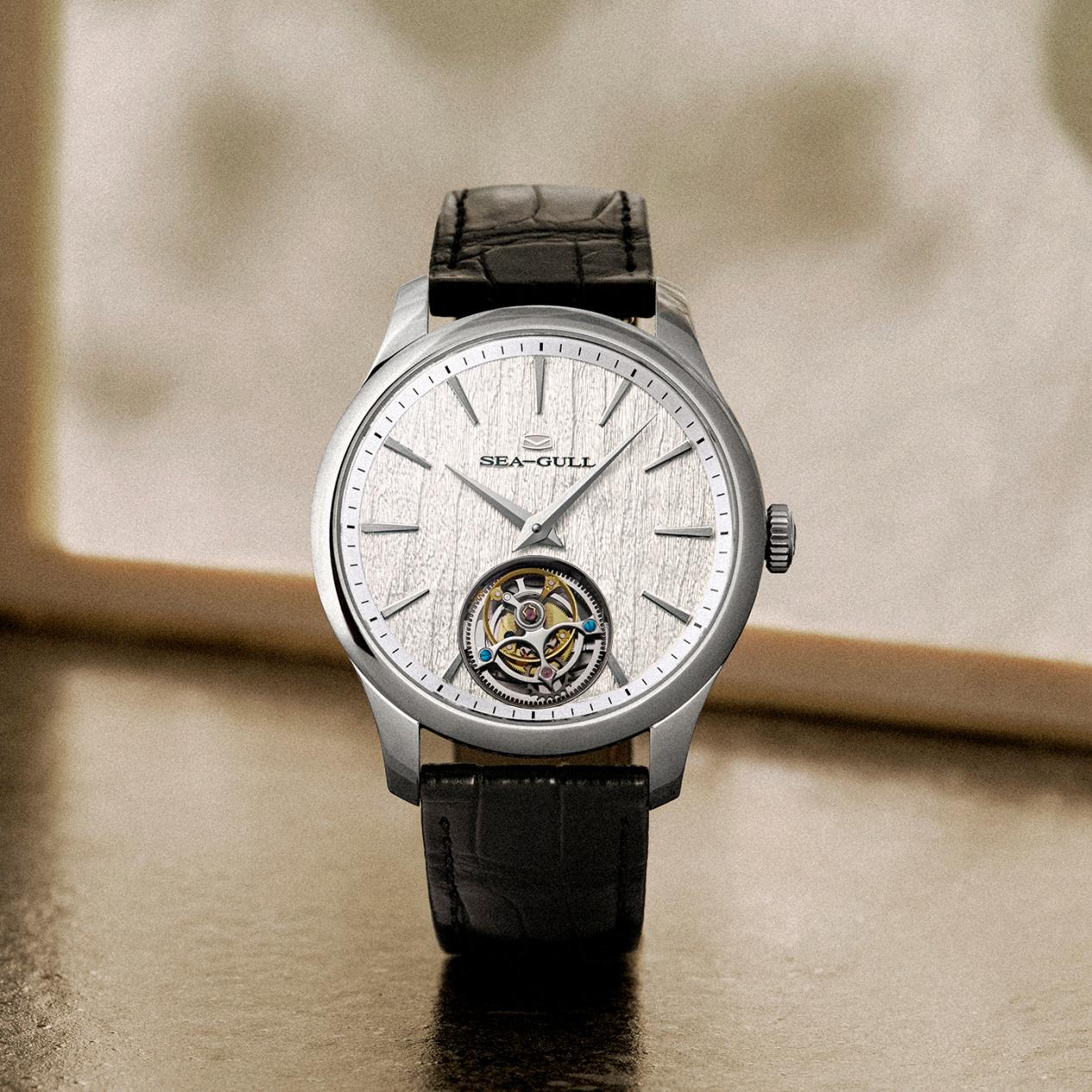
現代の知恵、古琴の遺産
この超薄型トゥールビヨンは、中国の古典美学から着想を得ています:「官帽椅」と「古琴」。文字盤は椅子の曲線的な肘掛けと古琴の響板の木目を再解釈し、伝統的な要素を独自の芸術的なデザインに融合させ、時代を超えた優雅さと革新的な時計製造技術を融合させています。
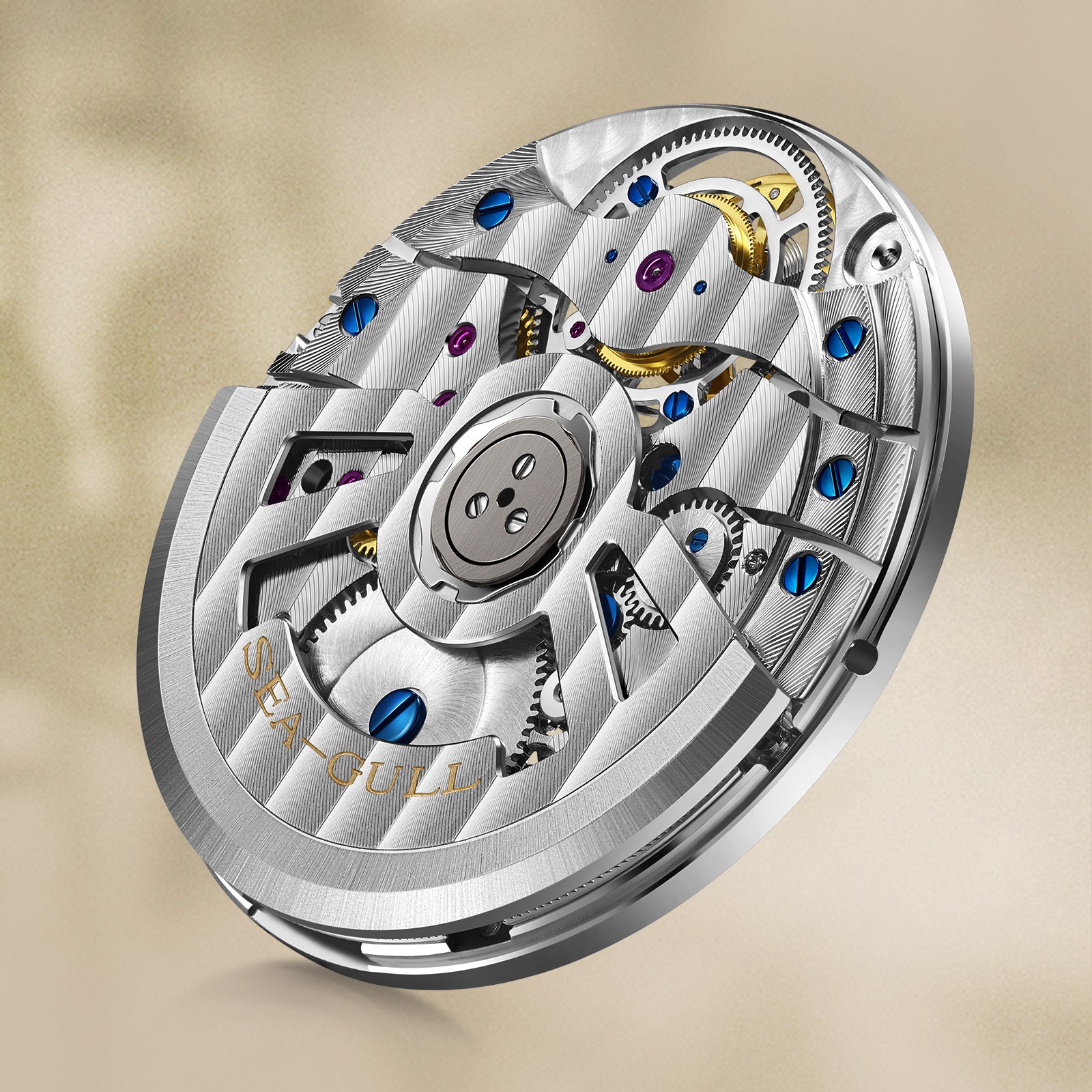
Ultra-Thin Craft: ST8610 Movement
The ST8610 movement sits at just 4.3mm thin, with its automatic rotor slimmed to 0.8mm—80% the thickness of traditional manual-winding movements.
ウォッチの詳細
The dial’s micro-engraved guqin crackle shifts with light—each line hums with time’s old melody, bearing the weight of years in every textured detail.
商品を説明したり、お知らせを共有したり、お客様を店舗に歓迎したりしましょう。
配送料金、返品ポリシー、または連絡先情報についての情報を共有してください。

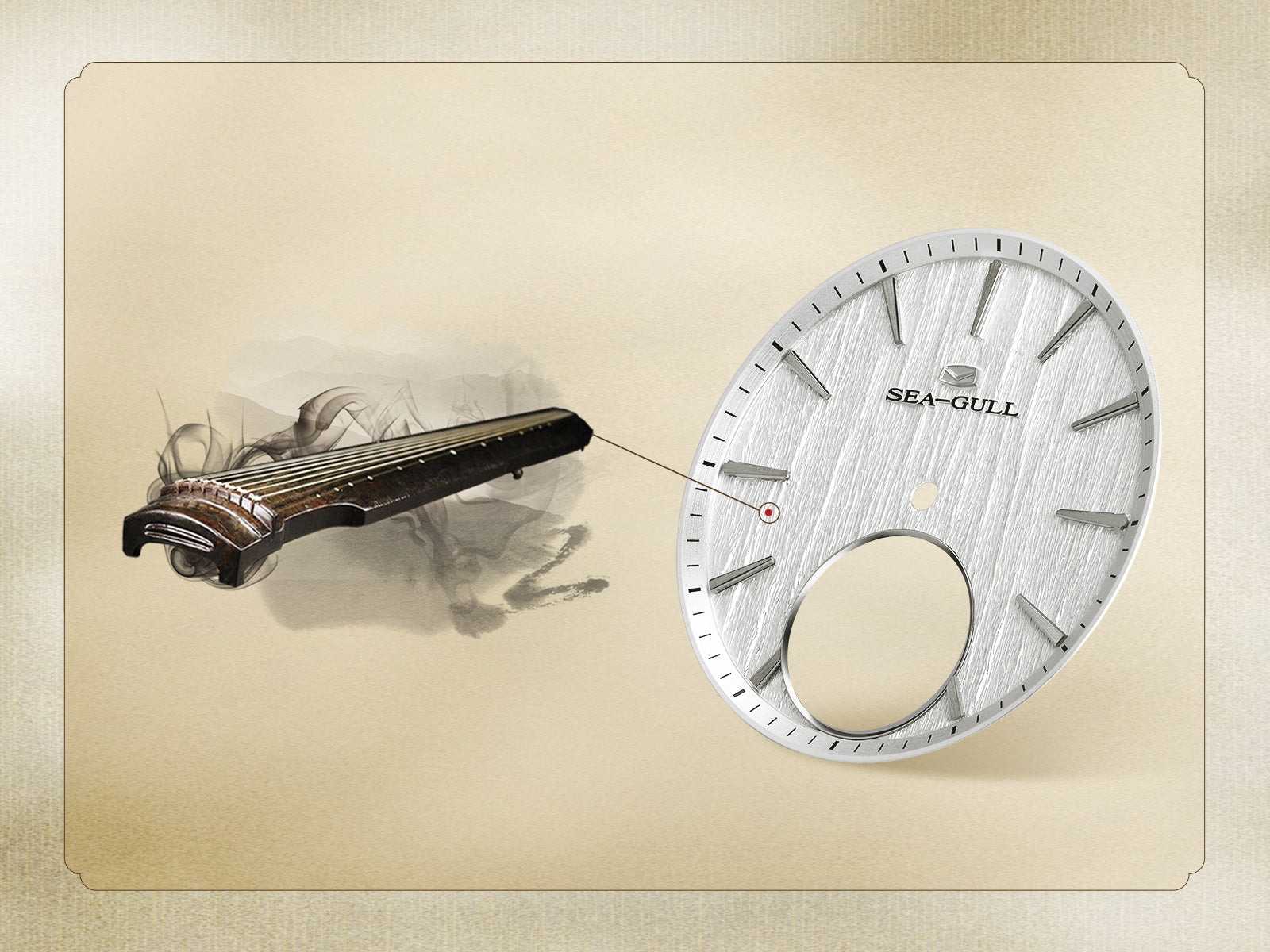
#1
期間限定のオファーを共有したり、製品の内容を説明したりして、お客様を店舗に歓迎しましょう。
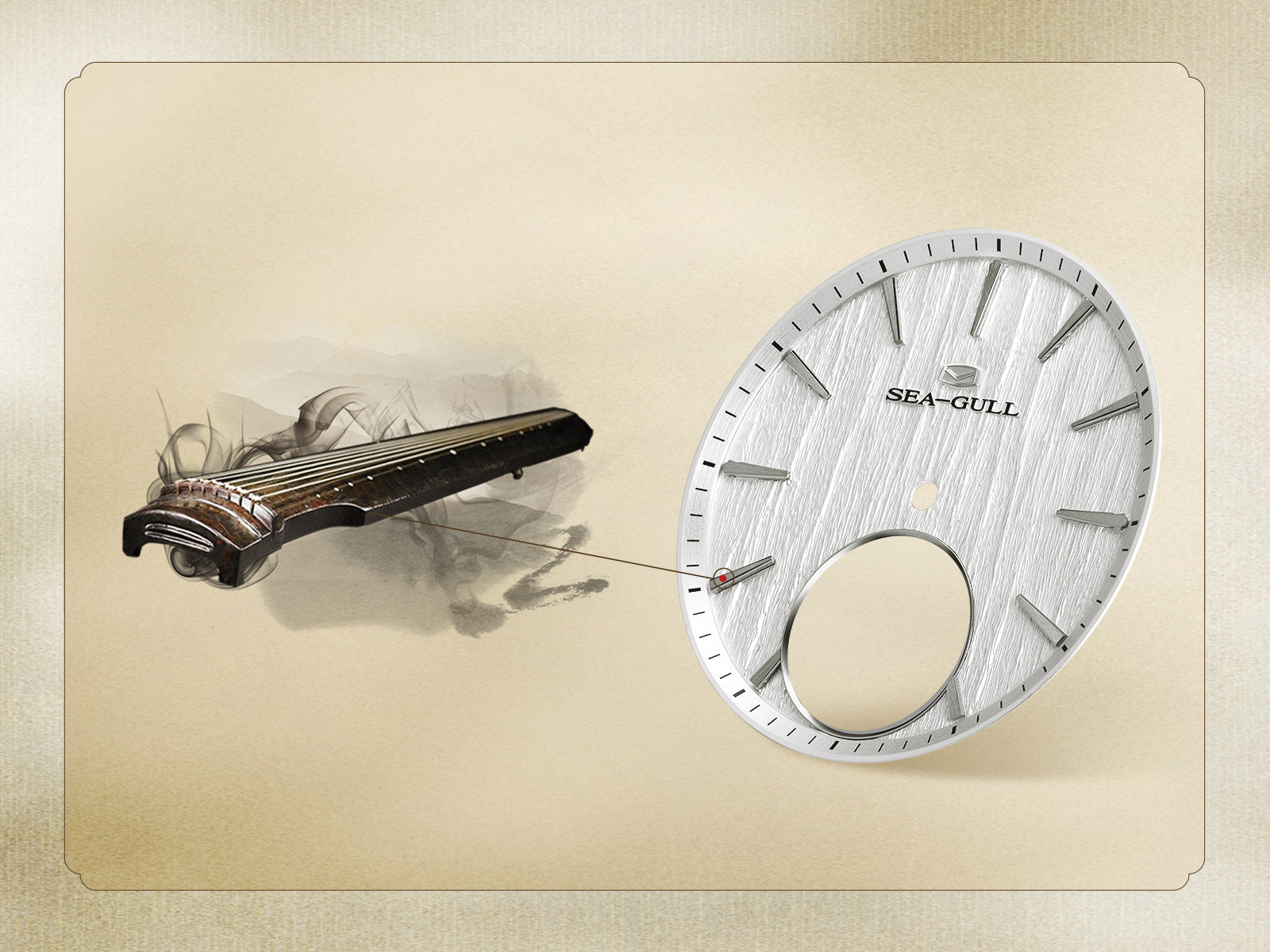
Raised Hour Markers
Inspired by the "Nine-Ring Hupei Qin" of the Tang Dynasty’s Fushi School, these 3D character studs replicate the iconic silhouette of ancient guqins—adding a tactile, three-dimensional depth that echoes the instrument’s timeless grace.
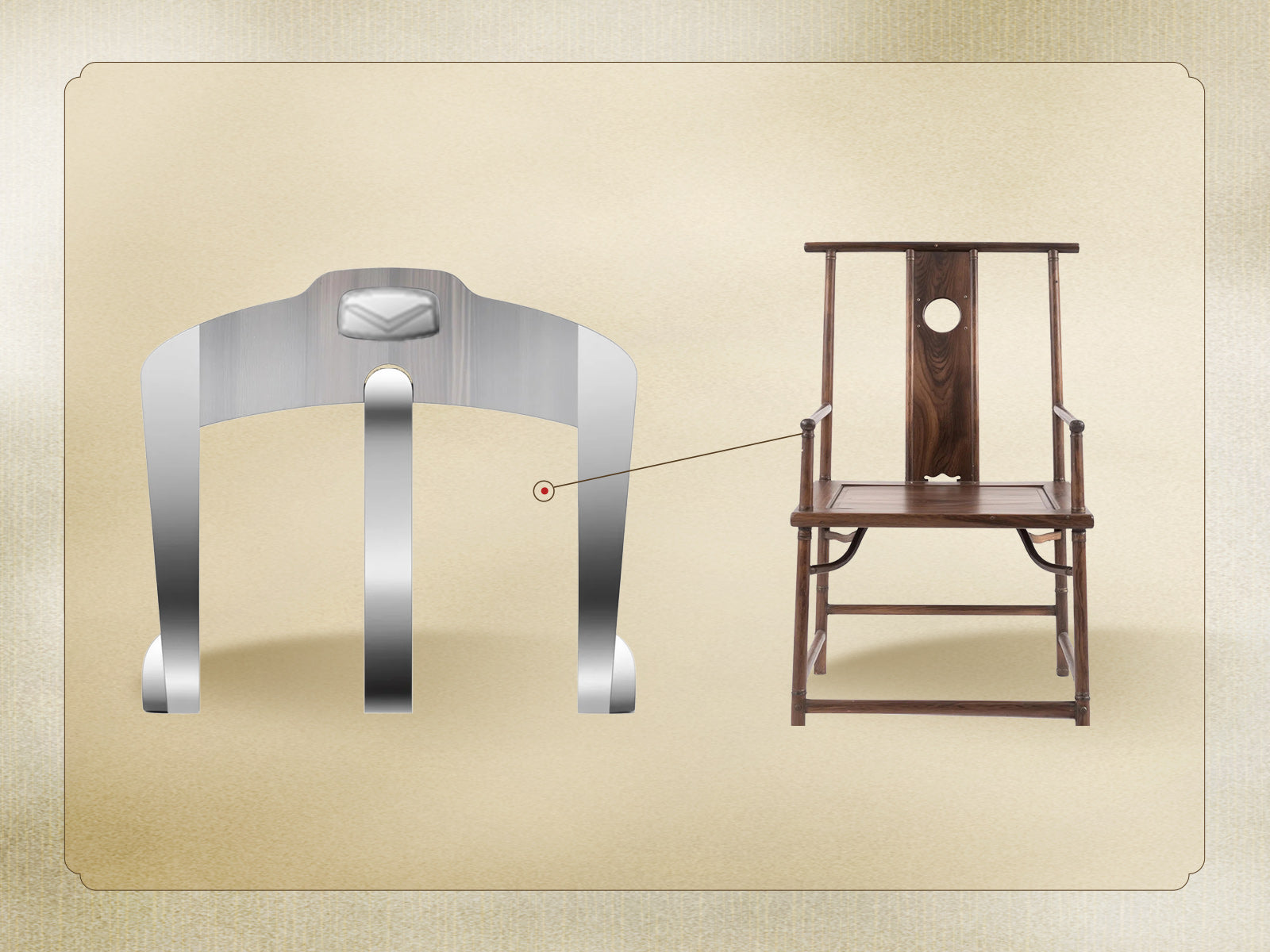
#2
ブランドのストーリーを伝えて、お客様との信頼を築きましょう。あなたの価値観や大切にしていることを共有してください。
Sea-Gull
Han Dynasty
Inspired by Han culture
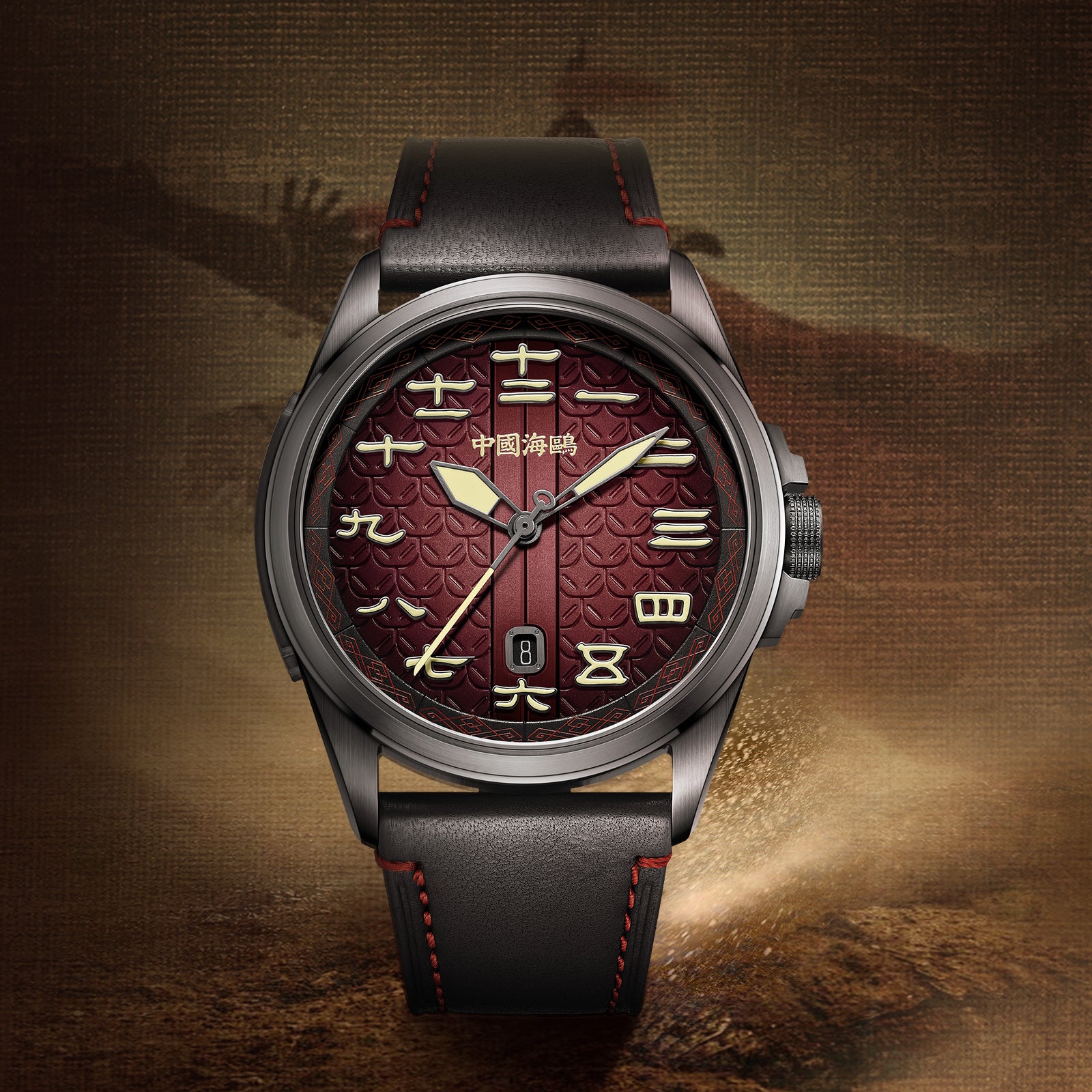
The Majestic Spirit of the Han Dynasty
Taking Han culture as the design inspiration, this watch integrates ancient elements into modern accessories. It infuses the indomitable national spirit and the profound Han culture into the timepiece, allowing the aspiration for national strength to transcend time.Cultivate a noble spirit and hold lofty ambitions.Experience the courage and power of soldiers from the cold weapon era over 2,000 years ago.
Heading
Use this text to share information about your brand with your customers.
Describe a product, share announcements, or welcome customers to your store.
Share information about your shipping rates, return policy or contact information.
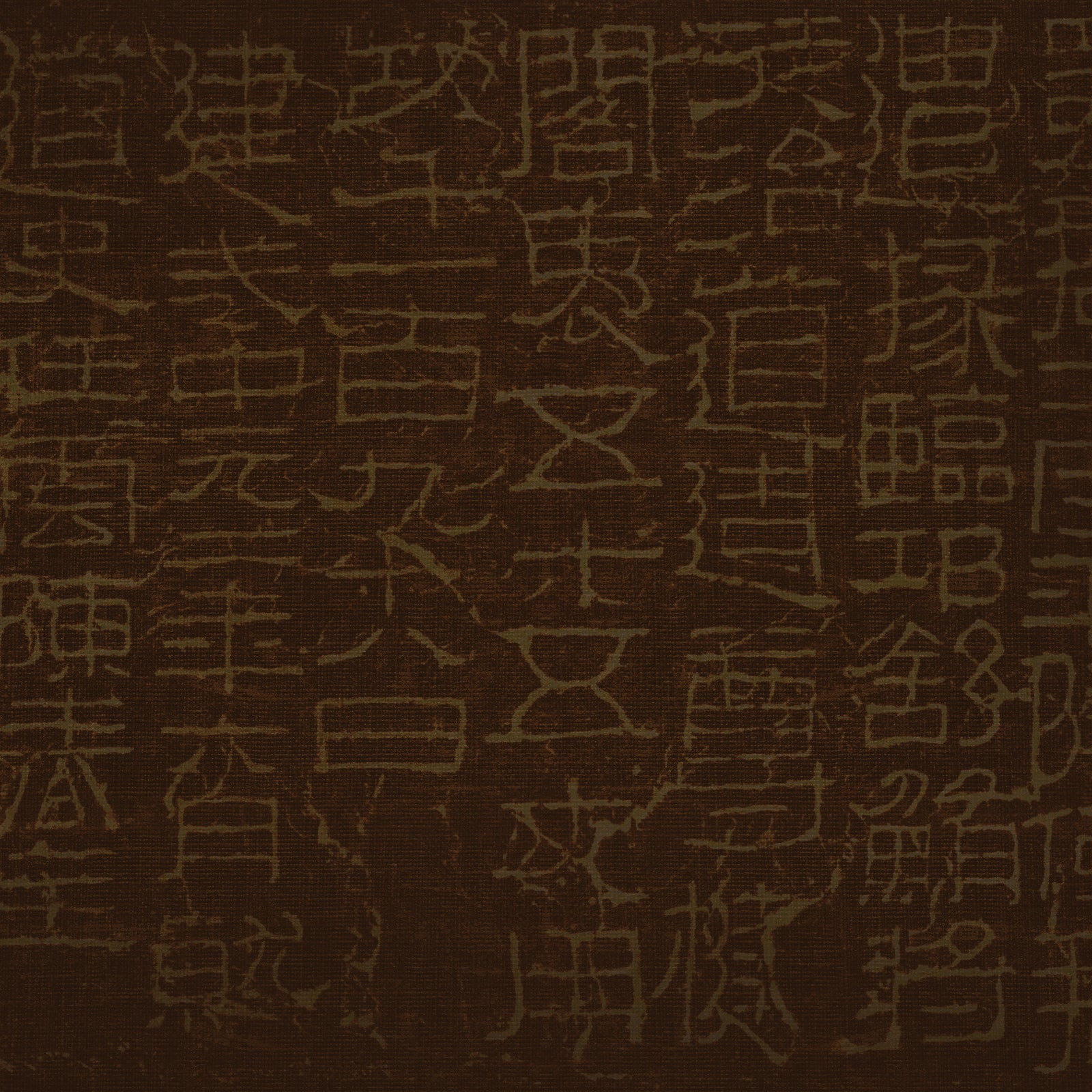
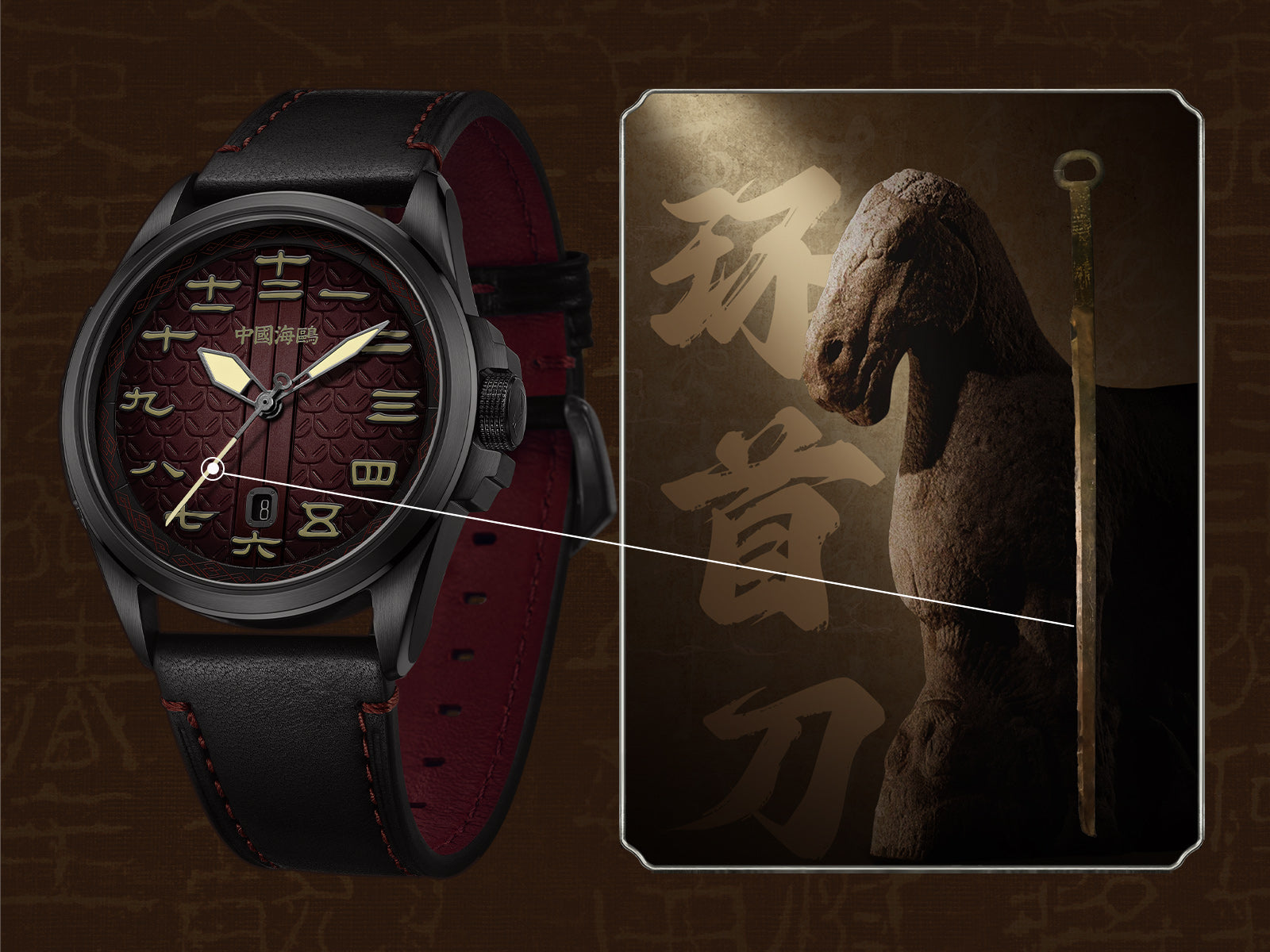
Han Sword Second Hand
The second hand's design is inspired by the ring-pommel sword of the Han Dynasty. Its single-edged blade rotates clockwise, exuding a majestic aura.
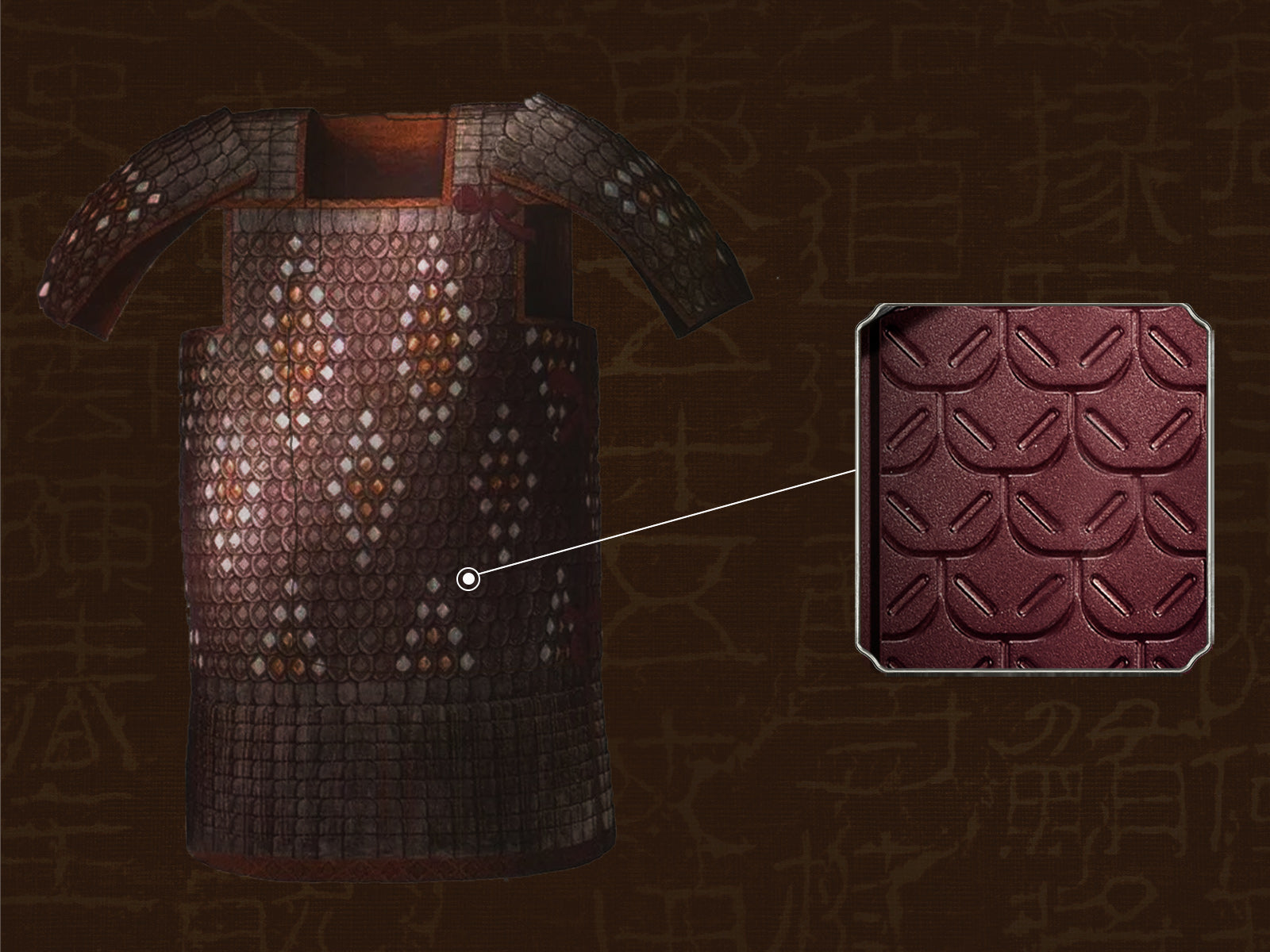
Han Dynasty Lamellar Armor
Han Dynasty iron armor was also called "Xuanjia" (black armor). Lamellar armor was a common style among Chinese iron armors, and also a widely used armor type in actual combat. From high-ranking generals down to ordinary soldiers, lamellar armor was commonly worn.
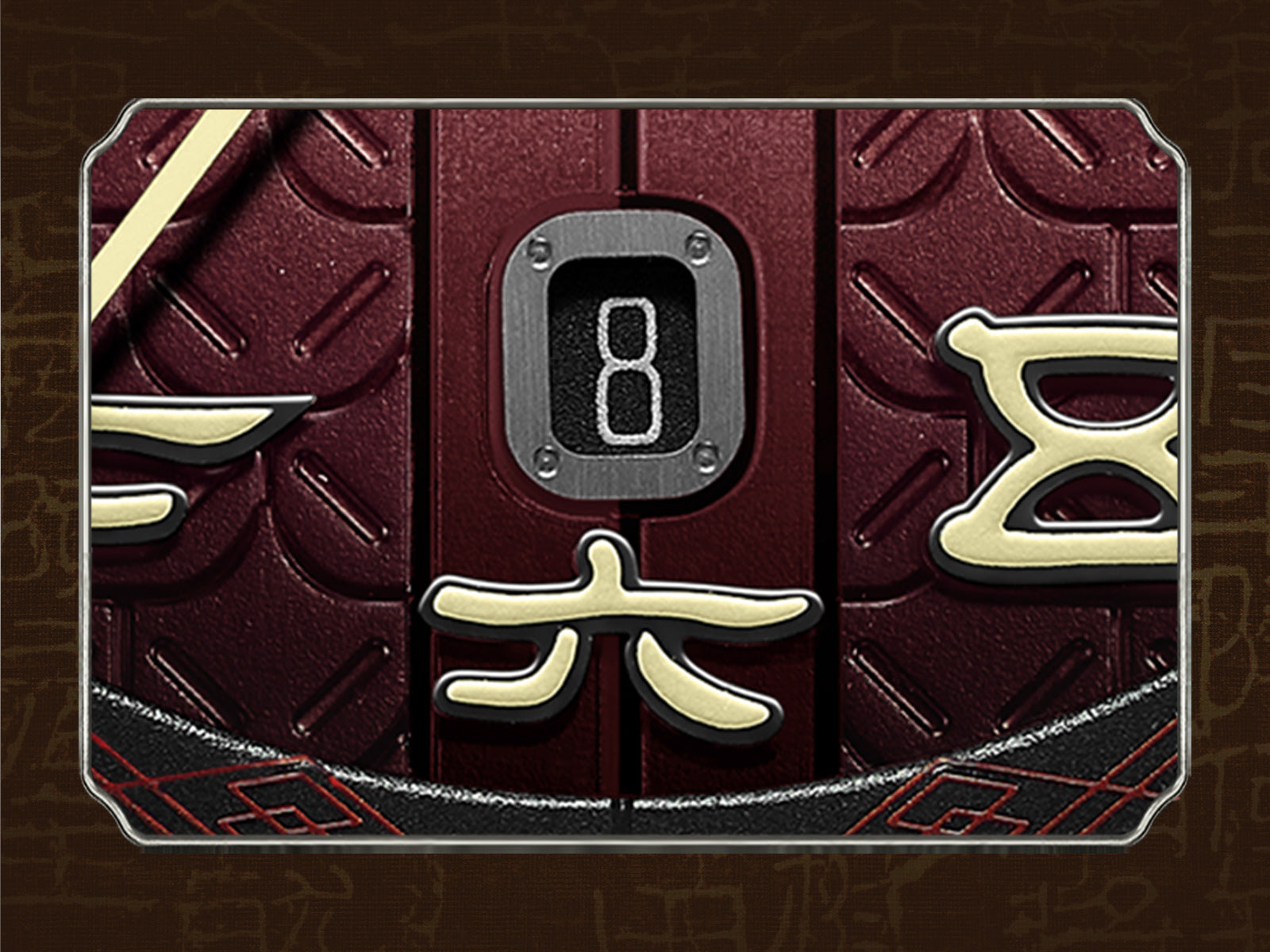
Calendar frame styled after dark iron armor scales
Sea-GUll




